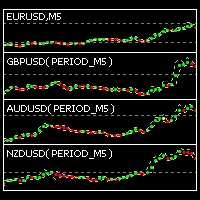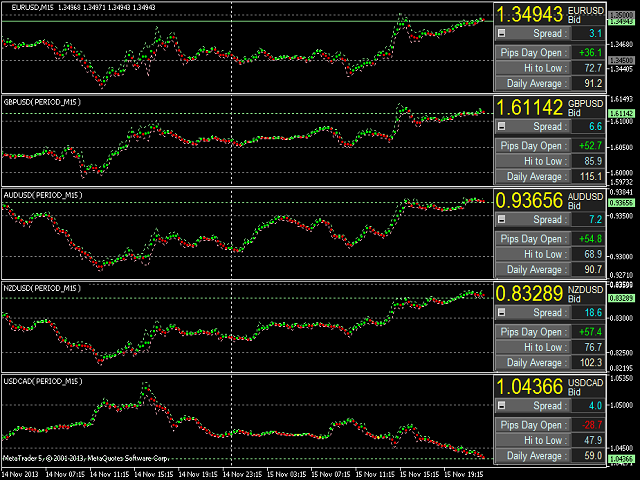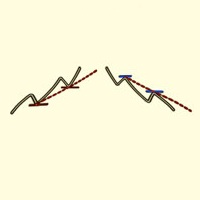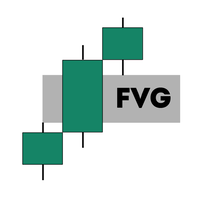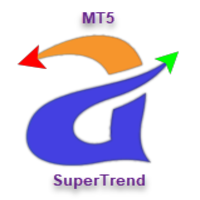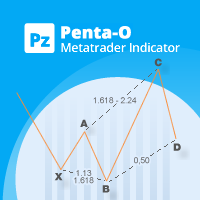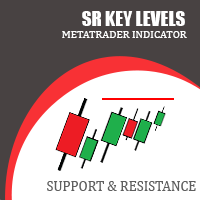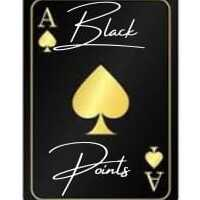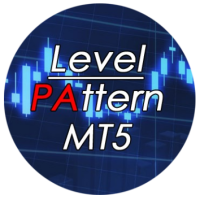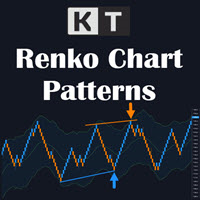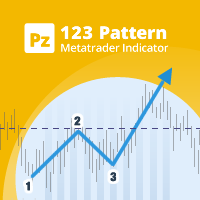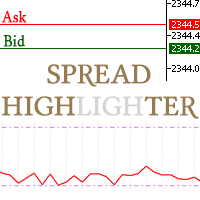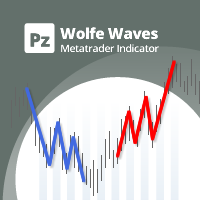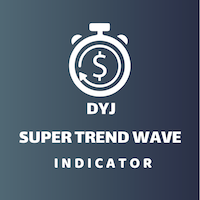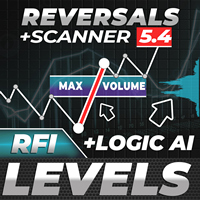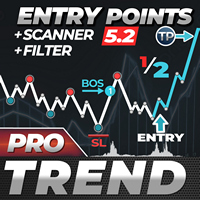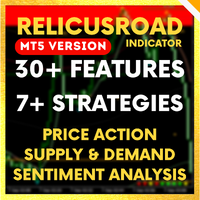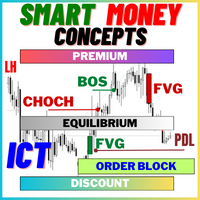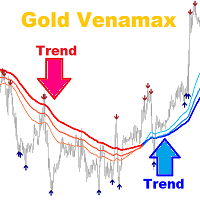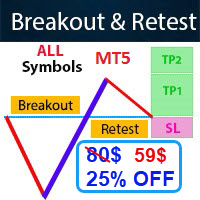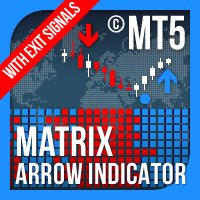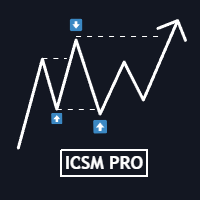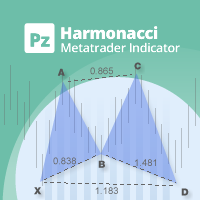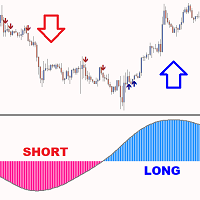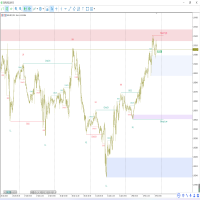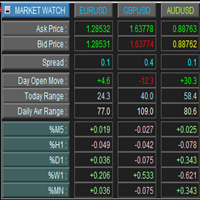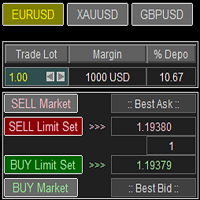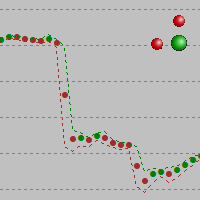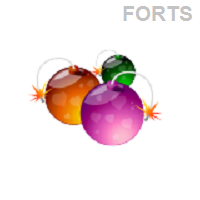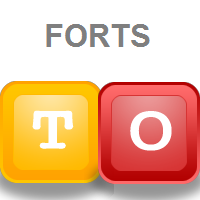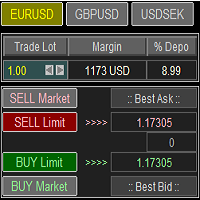Pairs Trading Hedge Chart
- Indicators
- Dmitriy Skub
- Version: 1.5
- Updated: 1 December 2021
- Activations: 5
This indicator is intended for visual multicurrency analysis. It allows synchronous scrolling and analysis of a few charts simultaneously and can also be used for pairs trading. The indicator works both on Forex and on Russian FORTS market. The product has a very important property - if there are skipped bars at the symbols, the synchronism of charts on the time axis is fully preserved.
Each chart point is strictly synchronous with the others on the time axis at any time frame. This is especially true in the stock market, as well as for low-liquidity symbols.
Type of the price presentation is an alternative one. It is described in Custom Price Chart and has the same settings.
- Weighted average price - as a point. The default colors are as follows: red point - the price is falling (compared with the previous one), green point - the price is rising, yellow point - the price is equal to the previous one, gray dot - the price corresponds to the bar skipped on this chart.
- High price value - as a dashed line above the point.
- Low price value - as a dashed line below the point.
- "Round" price levels - as horizontal dashed lines.
- Current Bid/Ask/Last prices - as horizontal lines. Display, color and line style are specified by a user.
Fig. 1 displays this indicator together with Custom Price Chart one applied to the main chart, as well as with Price Info Panel indicators applied to the main chart and to each of the additional ones. This example shows the convenience of the multicurrency analysis based on various trading strategies (for example, Elder's Triple Screen, seasonal trends, etc.), as well as the development of new strategies depending on the trader's preferences.
Fig. 2 shows similar example for Russian FORTS market.
Below is the offer for active users and all those who keeps reading to this line.
Please write all your suggestions on the Comments tab, so we can have a documentary proof of the ideas and see who the first author is.
